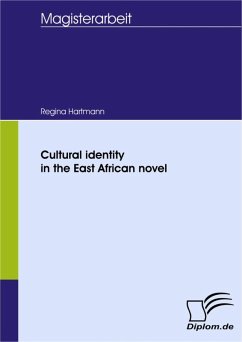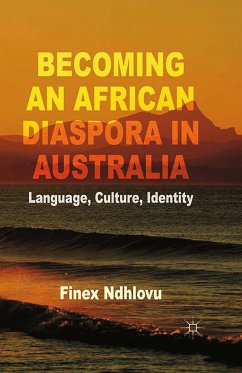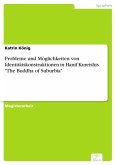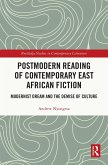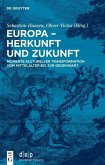Inhaltsangabe:Introduction: ¿As the Black African writers have taught us, we must dance our word, for in human speech as in dance, lies an offering; to speak and to write is also to offer oneself to the other; it is to be reborn together¿. This quotation by M. Rombaut locates African literature close to the performing arts. According to his statement African literature seems to transcend the conventional European conception of writing, which is conceiving literature as something planned and permanent. The idea of a literary performance in African writing places the author much closer to the story-teller, who is dependent on his audience and trying to keep in touch with them. By processing their feelings in his performance he gives expression to a common consciousness. In contrast to the Western author who often wants to stand apart from his society, African authors tend to aim their participation in the formation of a shared identity. This paper tries to find out how authors from the framework of East Africa conceive of cultural identity. Basically, I will proceed in two steps: part A is dedicated to the development of a pattern within which the complex issue of identity can be adequately discussed in an East African context. In Part B I will then apply this discussion scheme to three novels which as I will explain are representative for East African writing, in far as this term is justified. Part A starts off from some basic observations about identity, on the foundation of which I want to deduce the structure of my analysis. I will argue that identity is based on ones observation of the environment and on the influence of outsiders. All this is to some extent true for two concepts: individual and cultural identity. The latter develops when a group of individuals feels or is ascribed a common bond apt to correspond to several individual self-concepts. These individuals may then share a feeling of home, which can act as a physical but also mental commitment. Departing form these ideas I will show that four issues might be interesting in dealing with cultural identity, which can be expressed by some central questions: 1.Identity imposed and adopted: In how far can others influence our identity? 2.Identity rediscovered and reinvented:To what extent does our history work on identity? 3.Identity displaced: How does our feeling of physical or mental bond to a physical or mental space I will call home work on identity? 4.Identity integrated: How [...]
Dieser Download kann aus rechtlichen Gründen nur mit Rechnungsadresse in A, B, BG, CY, CZ, D, DK, EW, E, FIN, F, GR, HR, H, IRL, I, LT, L, LR, M, NL, PL, P, R, S, SLO, SK ausgeliefert werden.

